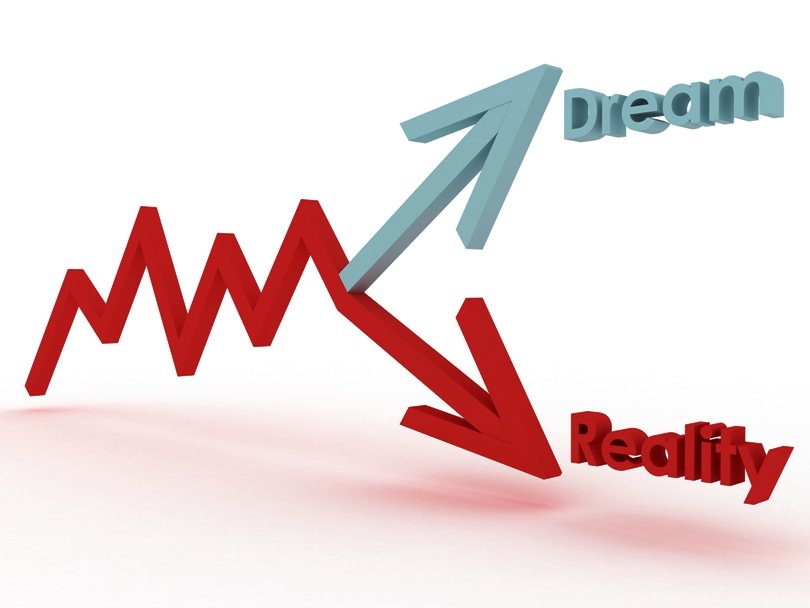
If 2012 was the year politics took a backseat in terms of the economy, 2013 is going to be the year it makes a roaring comeback. Yet what may surprise most observers is that political factors are likely to have a net positive effect on the economy.
In this week’s special report, The Express Tribune takes a look ahead to the year 2013 and what to expect. What we find is that, even though political uncertainty will dominate the headlines for much of the year, that is not necessarily bad news for the economy.
The most important concern for virtually every business in the entire country is energy. The government’s inability to solve the energy crisis over its nearly five years in office has been the source of enormous frustration for most people, and if the Pakistan Peoples Party were to lose, it would most likely be for this reason. Yet, paradoxically, there is still cause for hope. Despite its widespread unpopularity, and despite its testy relations with the military and the court, the PPP has effectively survived five years in office. That fact alone will determine how the government will manage the economy in 2013, because regardless of who steps into the prime minister’s office in the summer, they will know this: their party is about to start a full five-year stint in office.
The knowledge that a party can survive five years in office is crucial, because it means that they have time to implement reforms that will take two to three years to bear fruit. Most of the more immediate solutions to the energy crisis, though painful, can be implemented within that time frame.

That gives any party that comes into office the opportunity to make tough and unpopular, but ultimately necessary, decisions in its first year: knowing that even if it is unpopular for the following two to three years, the benefits of a sound economic policy are likely to have materialised by its last year in office, leaving it in very good shape to campaign for re-election.
So, for instance, the next administration can phase out inefficient electricity subsidies that cost the government Rs472 billion last year, and use that money instead to build cheaper sources of power generation. In the short-run, coal conversion is likely to be the favoured option, followed by long-term investment in increased hydroelectric generation.
A new government can also claim a mandate to end all manner of loopholes in the tax code, which can yield up to 1% of the GDP in increased tax revenues. It can start going after tax evaders more aggressively, which will also help narrow the fiscal deficit. A narrower fiscal deficit, in turn, will lead to less government borrowing, lower inflation, lower interest rates and ultimately more growth in private sector jobs.

All of these are reforms that will result in the public howling for the prime minister’s head in the short run. People will hate higher electricity prices, higher natural gas prices, and actually being forced to pay their taxes. Journalists will, predictably, cry foul by saying that the government has “failed to provide the masses with relief.”
But all the next prime minister needs to do is ride out the rough first two to three years. And given the completion of this government’s tenure, the next prime minister, regardless of which party they come from, is likely to be more confident of completing theirs.
In the remainder of the special report, we examine what effects the election will have on business in Punjab, and how the textile sector foresees the coming year. We also take a look at what analysts expect in the capital markets and how the telecommunications sector might fare. Our analysis suggests one thing: while there is considerable uncertainty about what will happen this year, there is also plenty of reason to hope.
Published in The Express Tribune, January 7th, 2013.
Like Business on Facebook to stay informed and join in the conversation.
COMMENTS (2)
Comments are moderated and generally will be posted if they are on-topic and not abusive.
For more information, please see our Comments FAQ









1725254039-0/Untitled-design-(24)1725254039-0-270x192.webp)

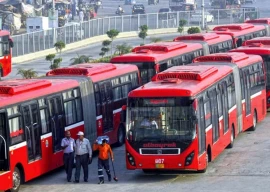
1725083820-0/Untitled-design-(24)1725083820-0-270x192.webp)
1725096749-0/Untitled-design-(1)1725096749-0-270x192.webp)
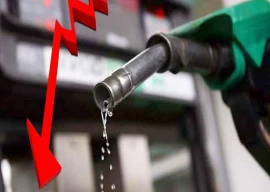
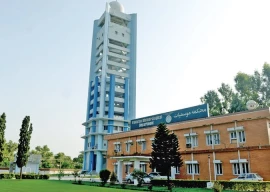
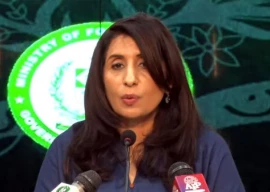






PTI's popularity will only result in PPP's win by distributing anti-PPP votes. The Nation should prepare for another 5 years with the Z-camp.
who knows the next govt. will be able to survive for 5 years?? it is also possibility that no one be able to get majority and in coalition there are certain limitations. If pti form the government and they will not have single Representative in upper house of parliament; how they be able to make reforms then?